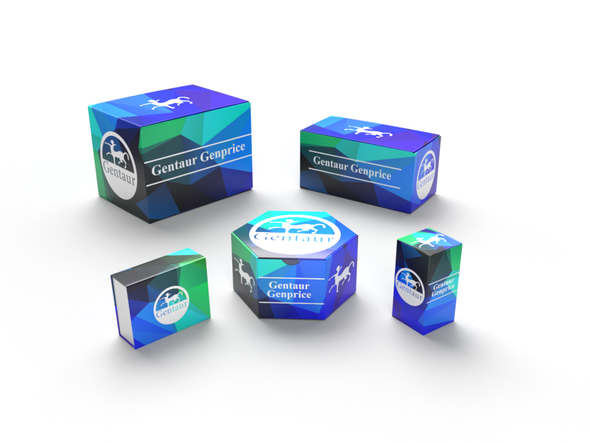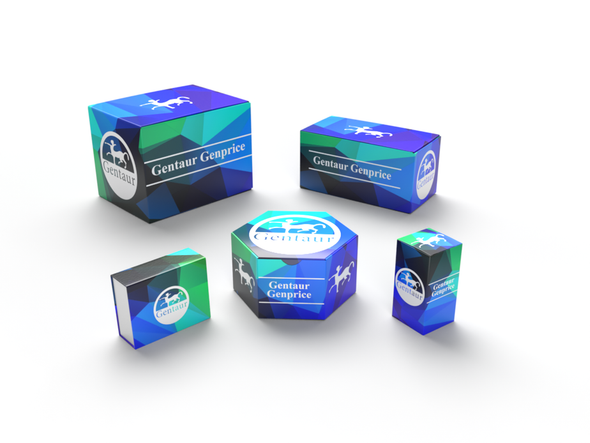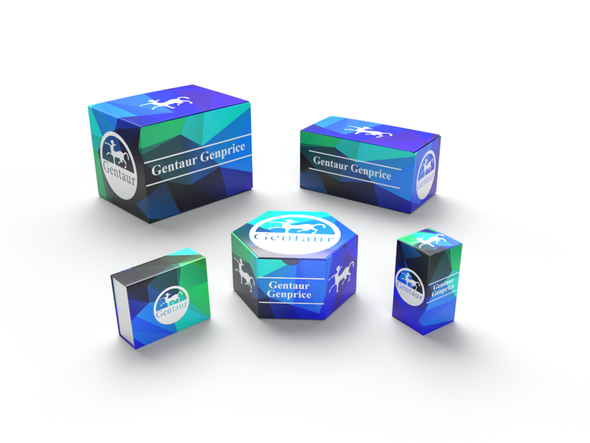710
Anti- CARD9 Antibody | FNab01272
- SKU:
- 710-FNab01272-GEN
- Availability:
- In Stock - Delivery within a week
Description
Anti- CARD9 Antibody | FNab01272 | Gentaur UK, US & Europe Distribution
Form: liquid
Purification: Immunogen affinity purified
Purity: ≥95% as determined by SDS-PAGE
Host: Rabbit
Clonality: polyclonal
Clone ID: N/A
Isotype: IgG
Storage: PBS with 0.02% sodium azide and 50% glycerol pH 7.3, -20℃ for 12 months (Avoid repeated freeze / thaw cycles.)
Background: Adapter protein that plays a key role in innate immune response to a number of intracellular pathogens, such as C.albicans and L.monocytogenes. Is at the crossroads of ITAM-tyrosine kinase and the Toll-like receptors (TLR) and NOD2 signaling pathways. Probably controls various innate immune response pathways depending on the intracellular pathogen. In response to L.monocytogenes infection, acts by connecting NOD2 recognition of peptidoglycan to downstream activation of MAP kinases (MAPK) without activating NF-kappa-B. Also involved in activation of myeloid cells via classical ITAM-associated receptors and TLR: required for TLR-mediated activation of MAPK, while it is not required for TLR-induced activation of NF-kappa-B (By similarity) . Controls CLEC7A (dectin-1) -mediated myeloid cell activation induced by the yeast cell wall component zymosan, leading to cytokine production and innate anti-fungal immunity: acts by regulating BCL10-MALT1-mediated NF-kappa-B activation pathway. Activates NF-kappa-B via BCL10. In response to the hyphal form of C.albicans, mediates CLEC6A (dectin-2) -induced I-kappa-B kinase ubiquitination, leading to NF-kappa-B activation via interaction with BCL10. In response to fungal infection, may be required for the development and subsequent differentiation of interleukin 17-producing T helper (TH-17) cells.
Immunogen: caspase recruitment domain family, member 9
synonyms: N/A
Molecular weight (observed) : 50-59kd
Reactivity Species: Human, Mouse, Rat
Tested Application: ELISA, IHC, IF
Recomended Dillution : WB: 1:500-1:2000
Research Area: Immunology, Signal Transduction






